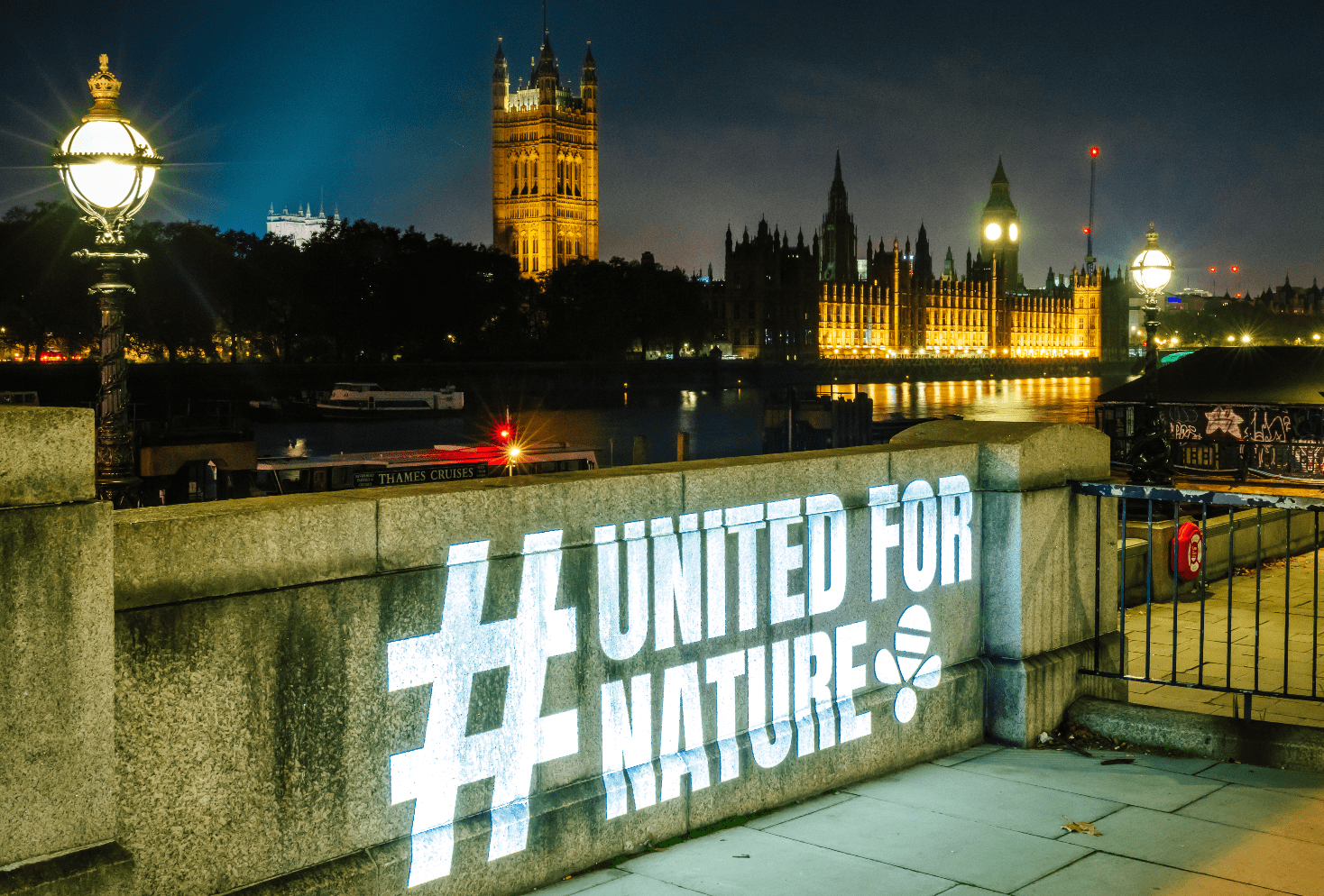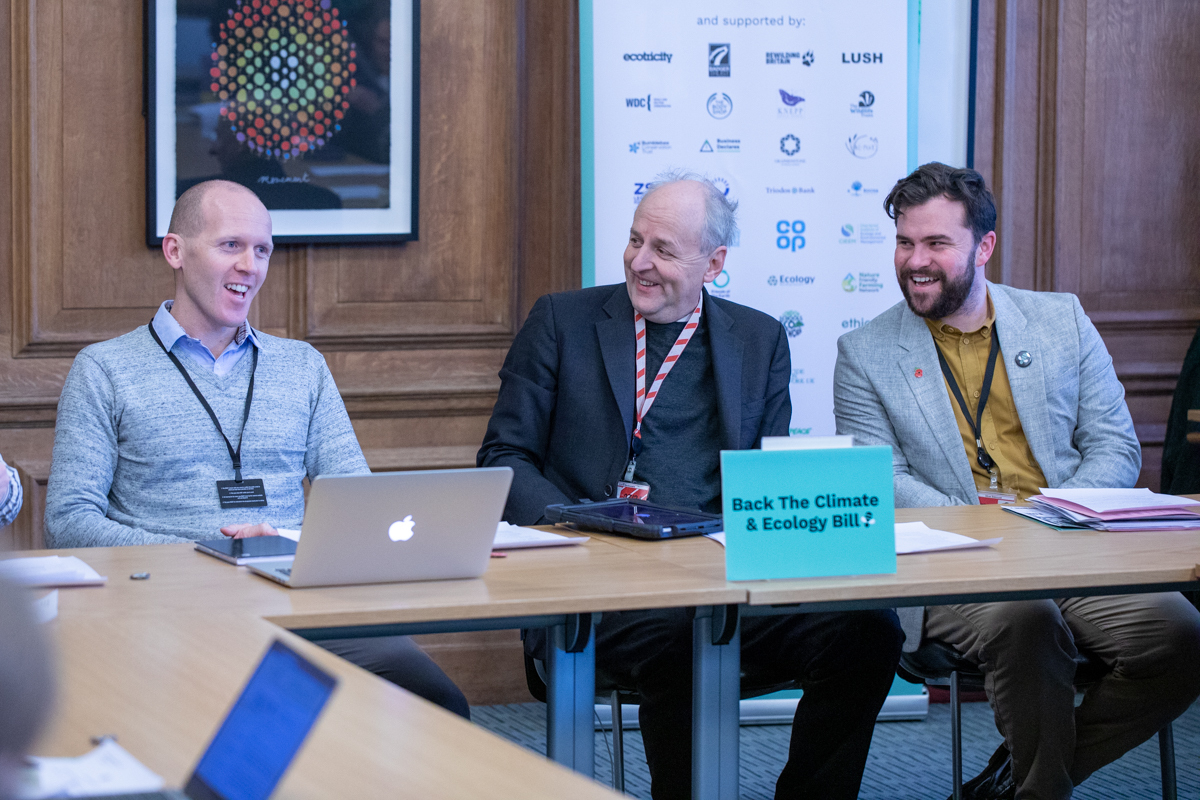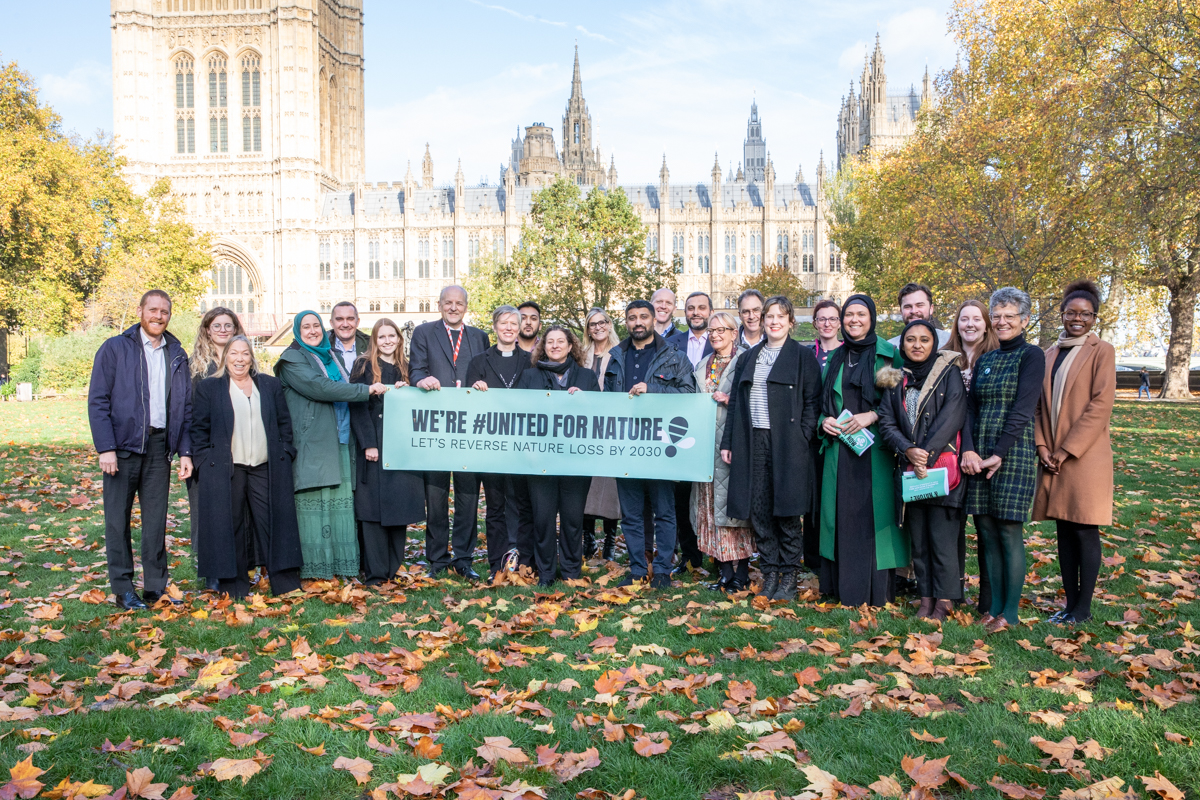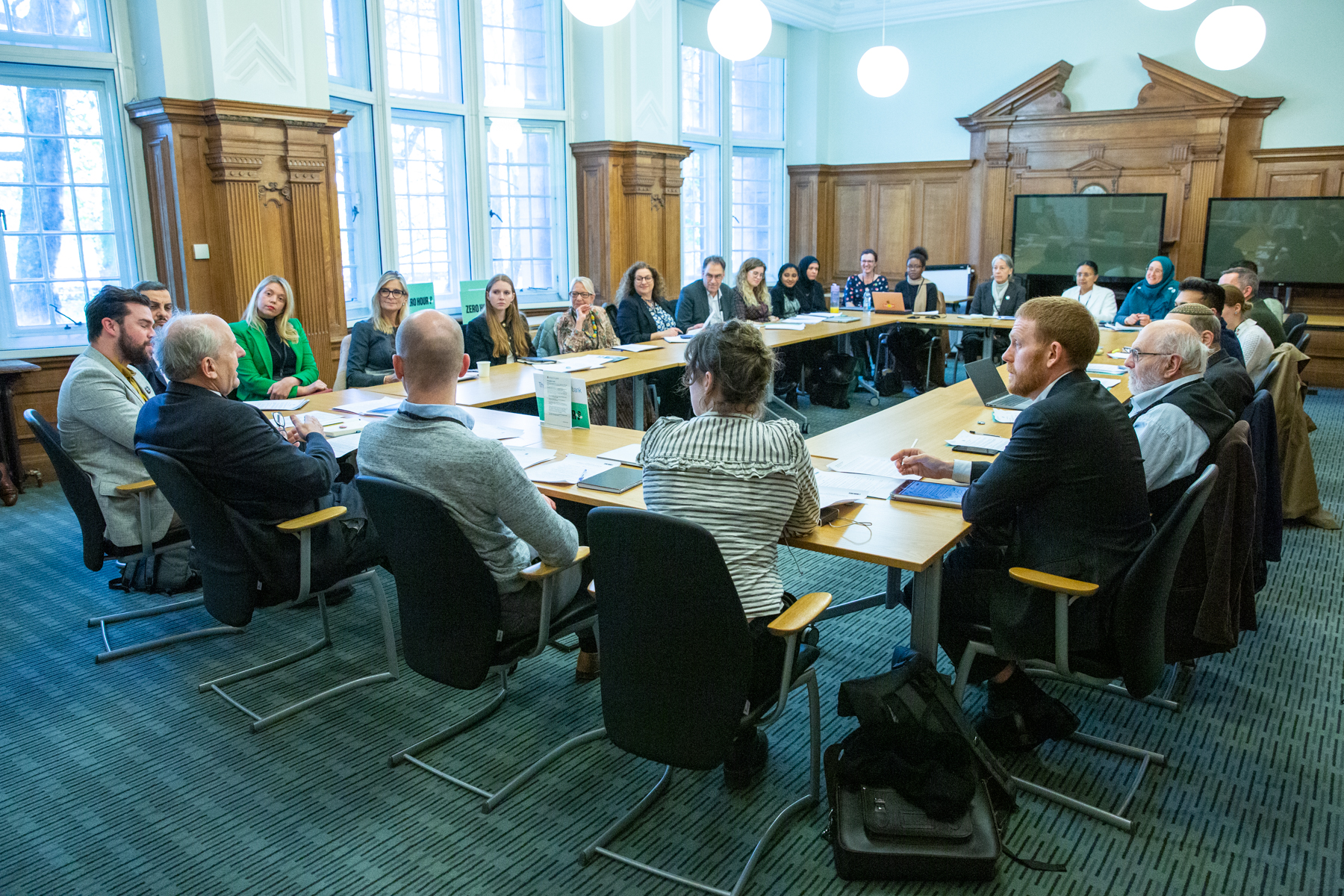Alongside our crucial 1.5°C global warming obligation, we need to lock in law the goal to halt and reverse the degradation and loss of nature by 2030. That’s where the Ecology Bill comes in.
Today marks the report stage of the Ecology Bill in the Lords—its penultimate hurdle before it’s passed to the Commons. What was originally introduced as the Climate and Nature Bill—which would require a science-led and people-powered climate and nature strategy—now has a laser-like focus on a holistic, apex nature target.
Whilst I continue to advance the (now amended) Ecology Bill, the need for an intertwined climate and nature strategy remains as important as ever—and the CAN Bill campaign group, Zero Hour, has plans to reintroduce the CAN Bill in the Commons in the weeks ahead.
What I’m seeking to do with the Ecology Bill is to draw urgent attention to the need to not only halt, but also reverse nature loss by 2030.
Bridging this ambition gap is essential if we’re serious about restoring the natural world—and it couldn’t be more urgent. We know that human activities have already altered 70% of Earth’s land—degrading up to 40% of it—and 87% of the ocean. IPBES has found that 1 million animal and plant species now face extinction and—globally—mammal, bird, amphibian, reptile and fish populations decreased by 68% between 1970-2016.
This isn’t about protecting nature for nature’s sake. Half of the world’s annual economic output—some $44 trillion—is being put at risk by the depletion of natural resources. Alongside this, up to 300 million people face the increased risk of floods and hurricanes due to the loss of buffering coastal habitats—and the loss of pollinators is already causing some 430,000 deaths every year by reducing the supply of healthy food. It’s clear that we must act with all urgency, at home and abroad.
The good news? “Halting and reversing nature loss” is something that the UK Government has pledged to accomplish on many occasions—including most recently at the UN biodiversity summit, COP15, in Montreal. Last December, nations agreed a new deal for nature—the Kunming-Montreal Global Biodiversity Framework—with a guiding mission to take urgent action to halt and reverse biodiversity loss by 2030.
With the ambition set high at COP15, and calls growing for the UK Government to make good its pledge to deliver a ‘nature positive’ future, what we need now are strong environmental targets to turn Minister’s words into action. The bad news? What we currently have are targets that miss the mark.




To briefly re-cap where we stand, in 2021, the Government passed its “world leading” Environment Act which required targets to halt species decline, clean up our air, protect the health of our rivers, reform the way we deal with waste, and tackle deforestation overseas. The aim? “To leave the natural environment in a better state than [the Government] inherited”. The Act also established an Office for Environmental Protection (OEP) to monitor and assess the state of the environment.
Fast forward to 2022, when the Government ignored six of seven of the OEP’s recommendations on the targets required by the Act. Now—in 2023—nature continues to be in free fall. In its latest assessment, the OEP reported that the 25 Year Environmental Plan has failed to bring about the changes needed, at the pace and scale required, to meet the Government’s stated ambitions for the environment. As they stand, the Government’s targets and plans continue to fall short of Ministers’ rhetoric and global pledges—they’re a “half done job”, according to environmental NGOs—although more detail should be set out in DEFRA’s Environmental Improvement Plan expected later this month.
For one of the world’s most nature-depleted nations, we must aim higher, and must do better. The Ecology Bill, if enacted, would set a holistic, apex nature target—standing shoulder to shoulder with the UK’s net zero goal—and ensure nature loss is in reverse by 2030. As a serious ‘nature positive’ goal, our proposed target would ensure that we increase the health, abundance, diversity and resilience of species, populations, habitats and ecosystems—so that by 2030, and measured against a baseline of 2020—nature is visibly and measurably on the path of recovery.
Aiming for slightly more biodiversity in 20 years’ time than the current, depleted state of nature is far from “world leading”: it’s an abdication of our responsibility to future generations.
I urge all those who support the Ecology Bill to stand united for nature and sign Zero Hour’s petition to the Prime Minister—urging him to set a truly ‘nature positive’ target—and ensure that we restore our shared natural world.
Stand with us and call on the Prime Minister to ensure nature’s in recovery by 2030—nothing less will do—and we must act now.


